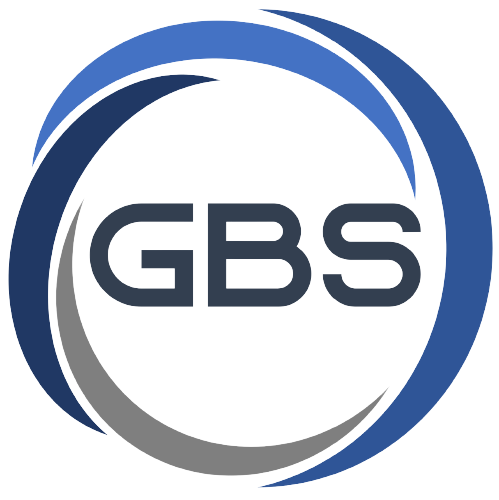Recruitment Process in HRMS Evaluation
In today’s competitive job market, having an efficient recruitment process is essential for attracting and retaining top talent. As organizations seek to streamline their recruitment efforts, the selection of the right Human Resource Management System (HRMS) plays a crucial role. Here are some key points to consider when evaluating an HRMS system for your recruitment process:
1. Applicant Tracking System (ATS) Capability:
2. Integration with Job Portals and Social Media Platforms:
3. Customizable Recruitment Workflows:
4. Candidate Experience Enhancement:
5. Analytics and Reporting Capabilities:
5. Compliance and Data Security:
In conclusion, selecting the right HRMS system is crucial for optimizing your recruitment process and attracting top talent to your organization. By considering these key points when evaluating HRMS systems, you can ensure that your recruitment process is efficient, effective, and aligned with your organization’s goals and objectives.
Contact us today to schedule a consultation with our experts. They will be delighted to meet with you and discuss your recruitment process.
An is a powerful tool that can revolutionize your HR processes and drive your organizational success. In this ultimate guide, we dive into the benefits of incorporating an into your company’s core systems. We’ll also explore key features of an such as employee data management, recruitment and onboarding, performance management, time and attendance tracking, and training and development. Of course every major transformation has its challenges too – but we’ve got you covered with tips on handling these considerations. Let’s dive in!
In today’s fast-paced business world, managing human resources efficiently has become more important than ever before. Human resource management systems (), is a powerful tool that can revolutionize your HR processes and drive your organizational success.
But what exactly is an , and why should you consider implementing one?
An is a comprehensive software solution designed to streamline and automate various aspects of human resource management. From employee data administration to recruitment, performance evaluation, time tracking, training, and beyond – an effective can transform the way you manage all your HR processes.
In this ultimate guide, we dive into the many benefits of incorporating an into your company’s core systems.


